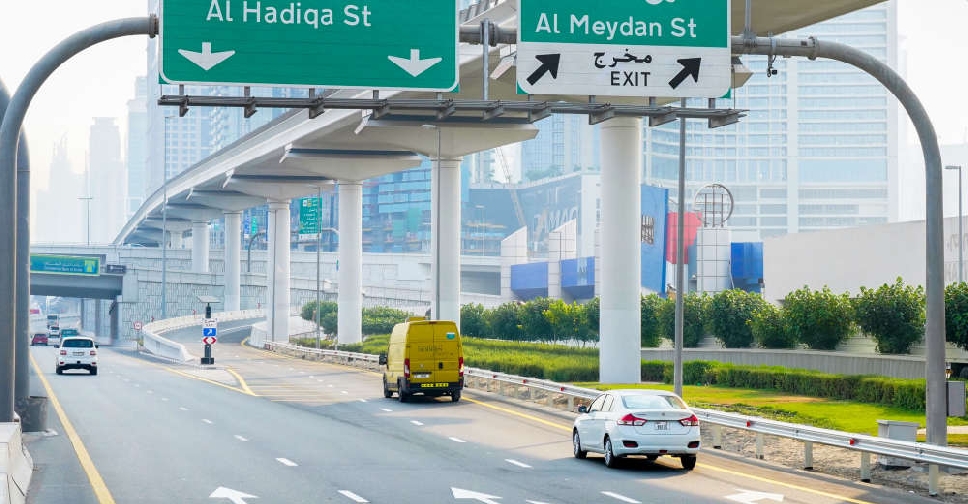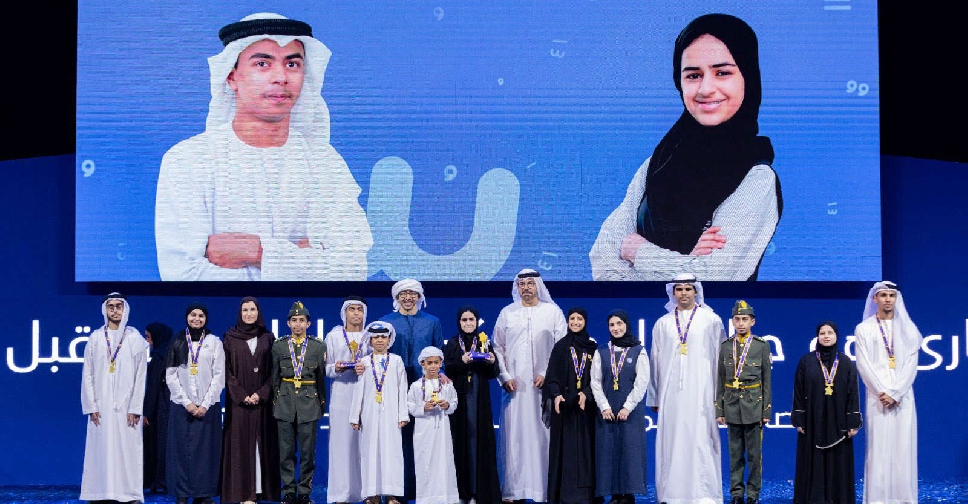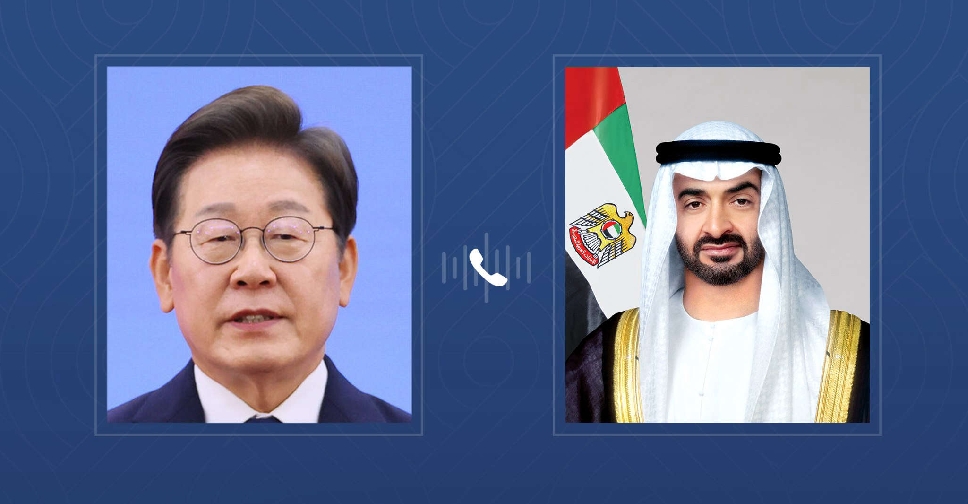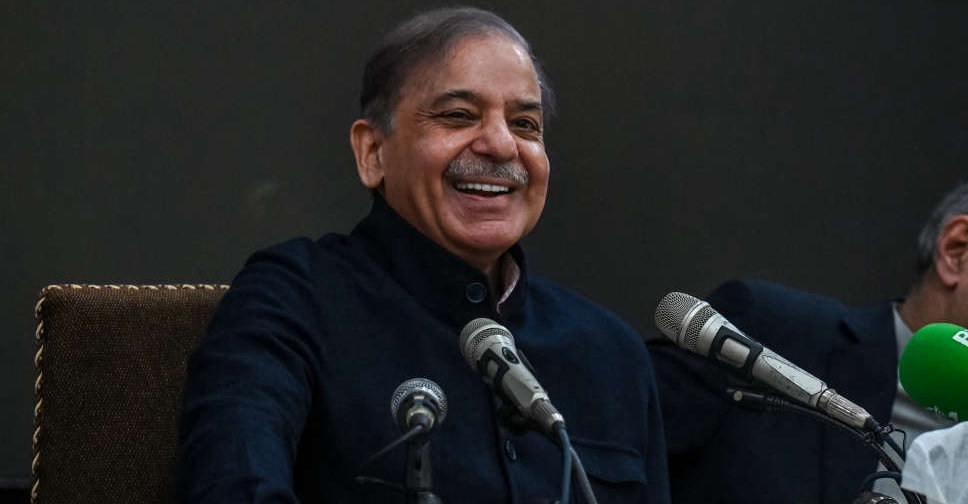
A political stalemate in Pakistan, after an inconclusive election, ended with Shehbaz Sharif chosen to lead the country again, while efforts were underway on Wednesday to get the second-largest party to join the government to ensure stability.
Sharif, 72, who was prime minister for 16 months until August, was late on Tuesday named as the coalition candidate for next premier by his elder brother Nawaz, founder and supremo of the Pakistan Muslim League-Nawaz (PML-N), the largest party in parliament.
The Pakistan Peoples Party (PPP) of former foreign minister Bilawal Bhutto Zardari, the second largest, backed the choice but did not commit to joining the government, indicating it would support a minority government from the outside.
Pakistan's stock market cheered the overnight news that ended the stalemate after the February 8 vote, with the benchmark index rising as much as 2 per cent on Wednesday - its biggest such gain since the delayed election results over the weekend.
Officials in both PML-N and PPP said they had formed internal committees to discuss the modalities of government formation and the agenda included getting PPP to join the administration and take cabinet positions.
"They are trying their level best but we are not joining the cabinet up until now," PPP leader Faisal Karim Kundi said.
Analysts say that Pakistan needs a stable government with political authority to be able to take tough decisions to help pull the country out of its economic crisis.
"Coalition governments can't work on this principle that one partner takes up all the load and the other partners watch the match from the sidelines and galleries," PML-N Secretary-General Ahsan Iqbal told Geo TV late on Tuesday.
"Everyone has to play the match together. This is why I am hopeful that this is a mature leadership that knows the problems the country is facing," he said, when asked about PPP joining Sharif's government.
QUESTIONS ABOUT STABILITY
The nation of 241 million people is grappling with an economic crisis amid slow growth and record inflation, along with rising militant violence.
It narrowly averted a sovereign default last summer with a $3 billion bailout from the International Monetary Fund, but the lender's support ends in March, following which a new, extended programme will be needed.
Negotiating a new programme, and at speed, will be critical for the new government.
It could also face new political tensions with independent members of parliament, backed by jailed former premier Imran Khan, forming the largest group in the legislature. This group is at loggerheads with the powerful military and alleges that the vote was rigged.
The caretaker government and election commission have rejected those accusations.
Khan is in jail on charges of corruption and revealing state secrets, and his party was barred from contesting the election, forcing members to run as independents.
"Negotiations between the PML-N and PPP have begun but it will not be easy to form a stable coalition administration," political commentator Zahid Hussain wrote in the Dawn newspaper on Wednesday.
"While showing support for a PML-N-led government, the PPP appears to have decided not to join the future administration. It seems that its leadership has realised that a weak coalition with questionable legitimacy may not be able to deliver," he wrote.

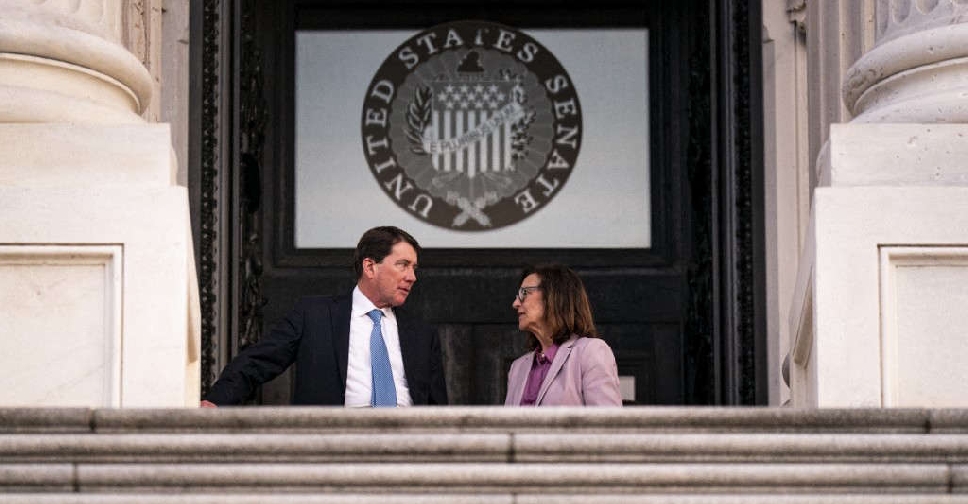 US Senate passes Trump's tax-cut, spending bill; sends to House
US Senate passes Trump's tax-cut, spending bill; sends to House
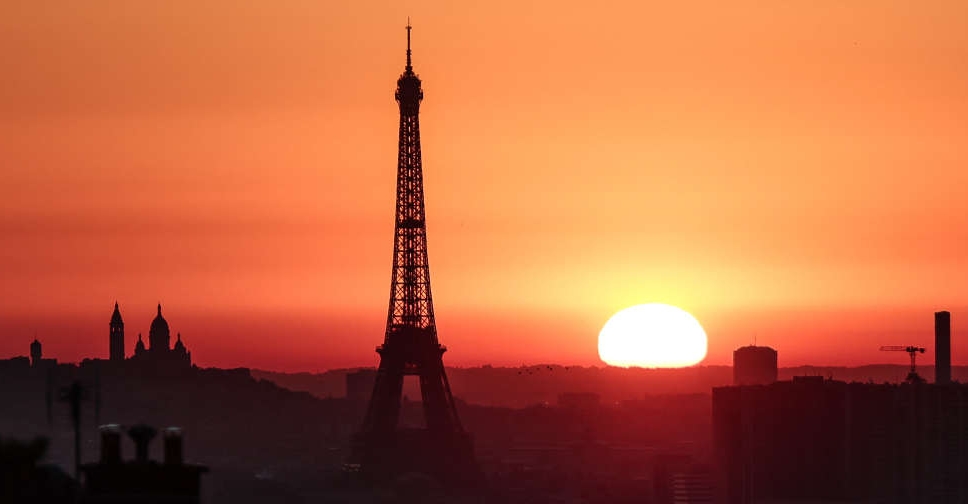 France shuts schools as heatwave grips Europe
France shuts schools as heatwave grips Europe
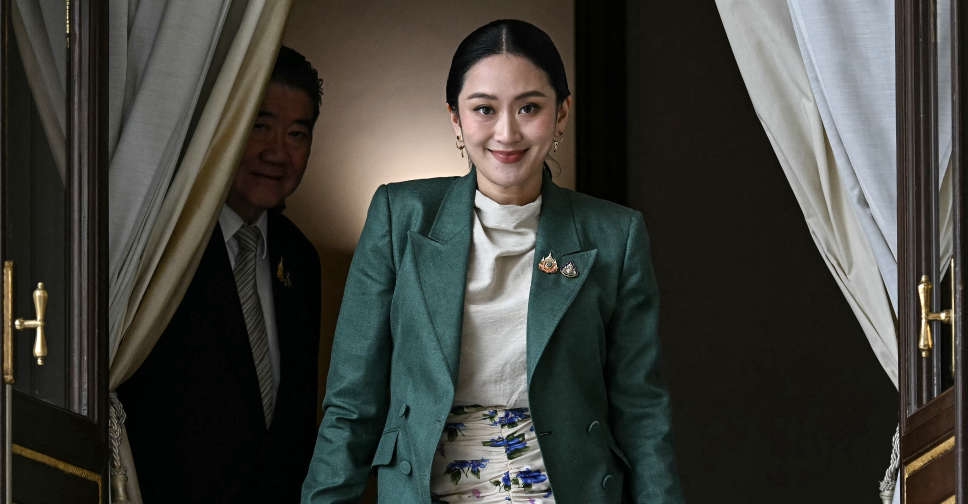 Blow for Thailand's government as court suspends PM from duty
Blow for Thailand's government as court suspends PM from duty
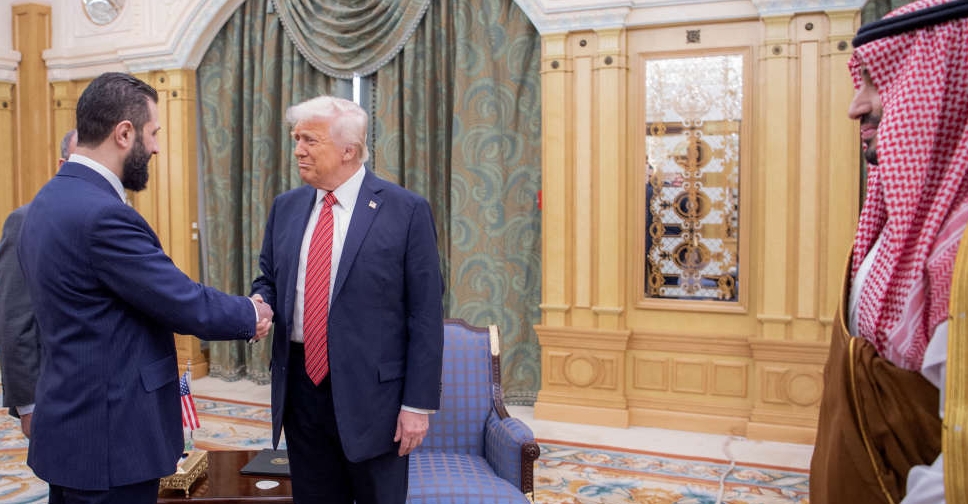 Trump signs order lifting sanctions on Syria, White House says
Trump signs order lifting sanctions on Syria, White House says
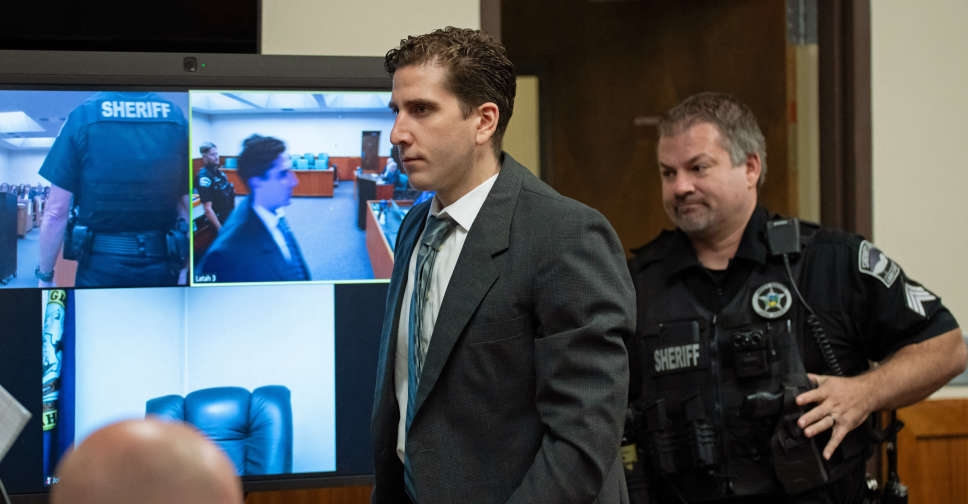 Suspect in murders of four Idaho college students to plead guilty
Suspect in murders of four Idaho college students to plead guilty
